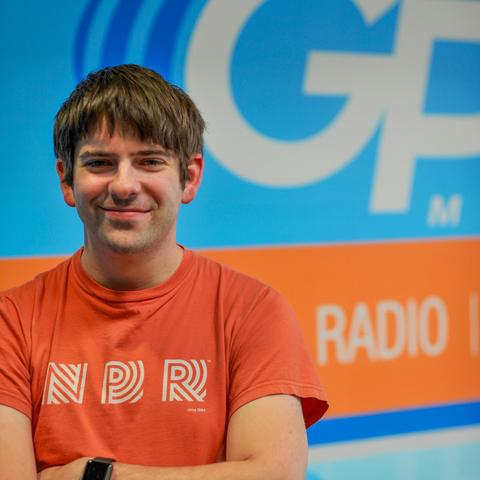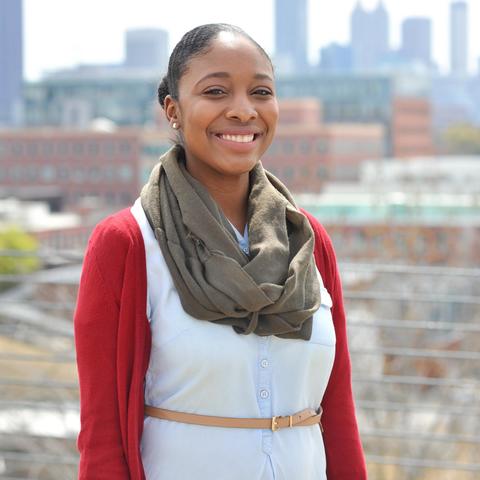Section Branding
Header Content
On Second Thought For Monday, September 24, 2018
Primary Content
The Fair Housing Act is 50 years old this year. Former President Lyndon Johnson implemented this landmark piece of civil rights legislation days after Martin Luther King Jr.’s assassination. King often said housing was a key victory in the struggle for African-American equity in the United States. On Second Thought for Monday, September 24, 2018
We spoke with Dan Immergluck, a professor in the Urban Studies Institute at Georgia State University. He discussed how legislation from 50 years ago shaped how housing in Georgia functions today. The Fair Housing Act prohibited discrimination based on gender, race and other identity categories. It was a challenging piece of legislation to pass. According to historian Michael Beschloss, aides told President Johnson to defer the vote until after his reelection. He famously replied, “What the hell is the presidency for if I can’t use it for civil rights?” While the act addressed overt discrimination, Immergluck said practices like redlining and exclusionary zoning continue to segregate neighborhoods all over the country.
During the 1930s, Macon, Georgia was the nation's most redlined city. That term was not used until much later, but the practice -- denying mortgage loans or municipal services that effectively drew a line around areas based on race or income -- was common. Redlining is now illegal, but as GPB's Grant Blankenship reported in 2016, finding affordable housing in Macon -- and many of Georgia's growing cities -- is tough.
Georgia Advancing Communities Together, Inc. and the Equal Justice Works Georgia Housing Corps are two organizations working on housing across the state. Georgia ACT president and CEO Bambie Hayes-Brown joined us in the studio. Equal Justice Works Georgia Housing Corps fellow Erik Provitt and Georgia State University professor Dan Immergluck also joined the conversation.
Have you struggled to find affordable housing in Georgia? Is the neighborhood where you used to live too expensive now?
Twitter: @OSTTalk
Facebook: OnSecondThought
Email: OnSecondThought@gpb.org
Phone: 404-500-9457




